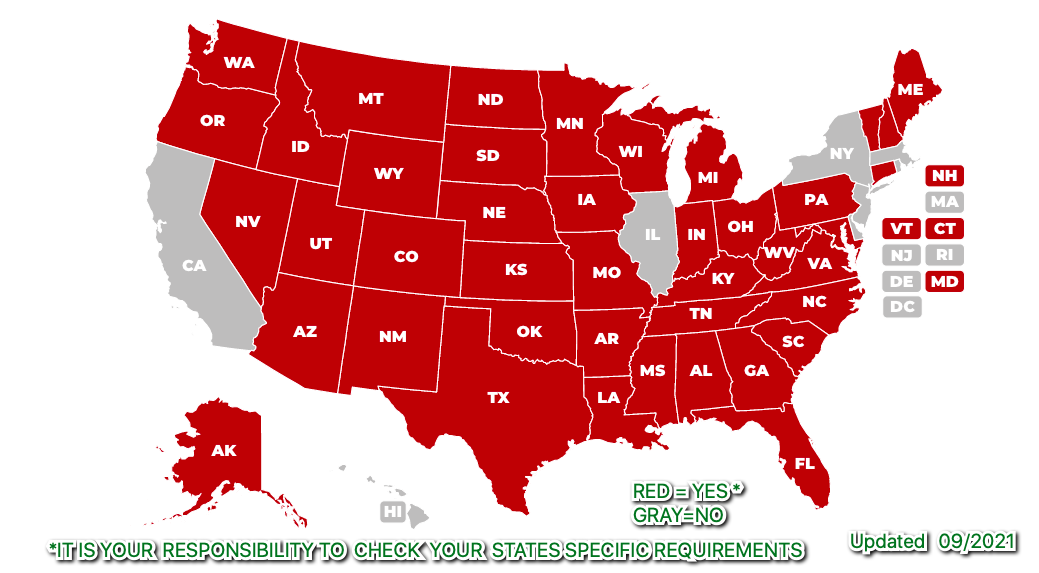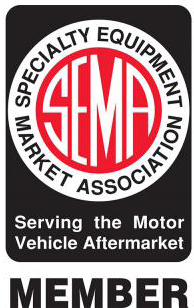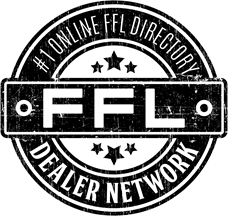NFA Firearms
Buying an NFA firearm
NFA firearms are divided into seven types - Machine guns (pre-1986), silencers, short barrel shotguns, short barrel rifles, AOW's and destructive devices. For all practical purposes these can all be considered pretty much the same in the way the transfer process is handled by ATF.
Is it legal for you to own a suppressor or a short-barreled rifle/shotgun?
The first thing you need to do is determine if suppressor/NFA ownership is legal where you live. Currently, the following states allow private ownership of NFA Items:

Even if you live in one of these states, you should verify that owning a suppressor/NFA firearm is legal in your area.
Many people are under the mistaken impression that they need a “Class 3” license in order to own a suppressor/NFA firearm. This is not true. If you live in a state where ownership is legal, and you can legally own a firearm, then you can buy a suppressor/NFA firearm.
How can I register my purchase?
Your Own Name:
Advantages:
You can avoid initial work required to setup a trust or corporation
Disadvantages:
Only you can be in possession of the suppressor
Requires signature from chief law-enforcement officer where you live
Requires fingerprint cards
Best for:
People who don’t plan to buy a lot of NFA items
People who just want to get the buying process started
People who always plan to be present when the suppressor is in use
A Gun Trust:
Advantages:
Anyone listed as a trustee in the trust can be in possession of the suppressor
A revocable trust can be changed at any time without notifying the ATF
You only need to create the trust once. The same trust can be used for all future suppressors or other NFA items (such as short barreled rifles)
Disadvantages:
Some initial work and cost is required to setup the trust. Many people create their trust with software like Quicken WillMaker – or you can also talk to a gun trust lawyer who will set it up for you.
In some states, a trust needs to be registered with the state – although that is not a requirement in most cases.
You now (July 13, 2016) need to file fingerprint cards and notify your local Chief law enforcement officer for new transactions involving any member of your trust.
Best for:
People with family members who want to share possession of the suppressor
People who want to go together with friends on the purchase of a suppressor
People who want more flexibility in the long run
A Corporation:
Advantages:
Any officer of the corporation can be in possession of the suppressor
If you already have a corporation, this can be easier than a trust since you will avoid the initial trust set up.
No signature is required from the local chief law-enforcement officer, but “notification” will be required.
Disadvantages:
You need to keep your corporation in good standing, which can be more work than a trust (which is basically a “create it and forget about it” process in most cases)
Best for:
Anyone who already owns a corporation, and wants that corporation to act as the owner of the suppressor.





